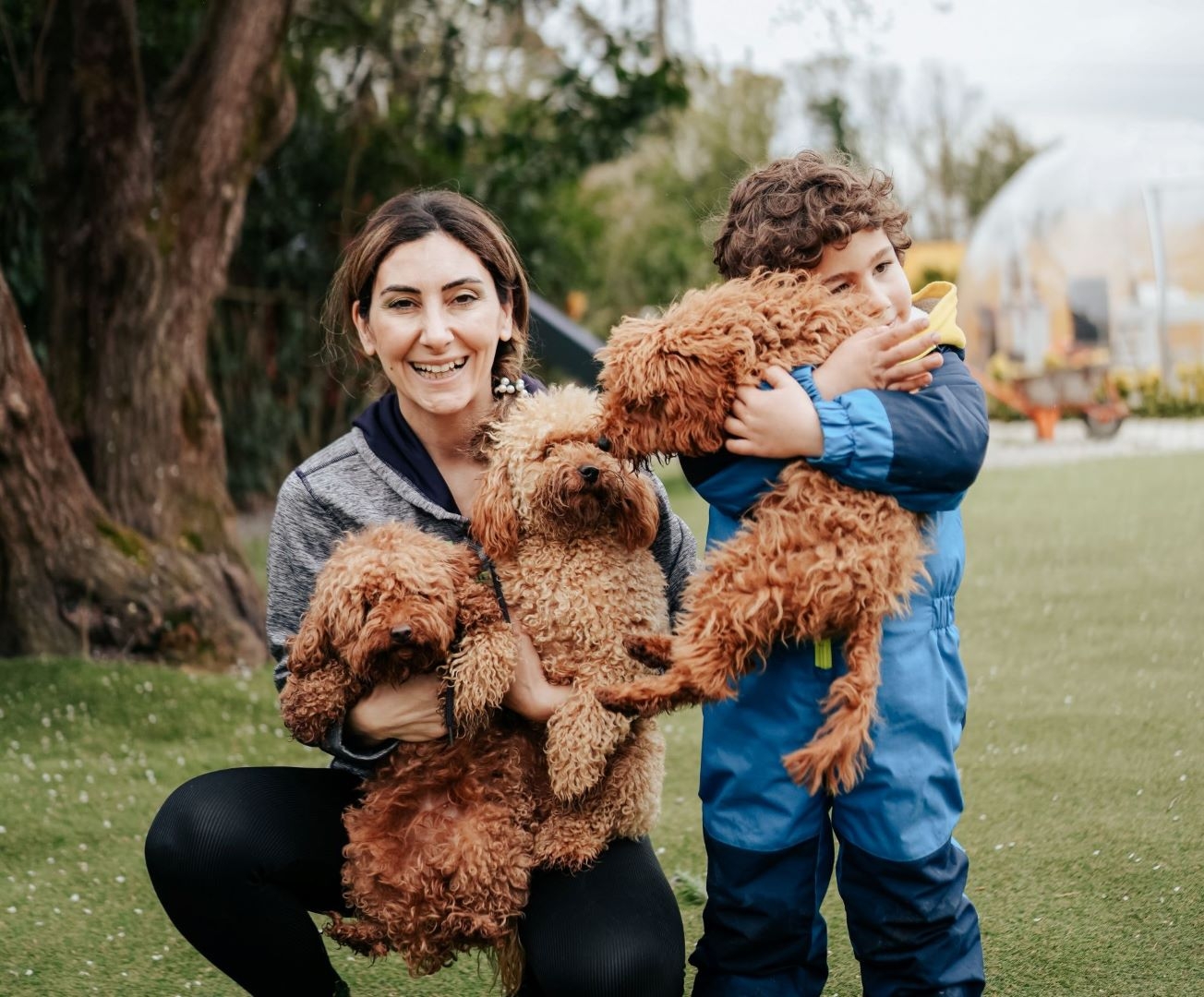- Pet Custody
- Property Settlement
- Separation
What Happens to the Fur Baby if its Human Parents Separate?
Jane Libbis • September 5, 2023

Love for our fur baby friends typically lasts unconditionally forever but unfortunately the same cannot always be said for relationships between humans.
When couples separate, there are a myriad of things to consider – how much time will the children spend with each parent, how will assets be divided, how will funds stretch, does there need to be a divorce, are there family violence issues? Sometimes in the midst of all of the other issues, the question of what should happen with the family pet can be forgotten until the last minute. Conversely, sometimes, the question of what should happen with the family pet is the most important thing.
When lawyers are assisting people who are separating to consider how much time the children will spend with each parent, the overriding premise under Australian Family Law is to consider the best interest of the child.
Unfortunately, the Australian family law still sees pets as “chattels”, just like furniture, whitegoods etc. That means that if you ask most lawyers for help about what to do with your beloved furry friends, they won’t ask about the day to day needs of the animal and what is in its “best interests” but will necessarily ask you questions such as whose name it is registered in or who paid for it and who has paid most of the bills. What the traditional legal model doesn’t consider is the things that are important to the pet or the pet owner.
This article aims to give some tips to pet owners not about the standard legal approach, but about the things that are actually important to consider for the animal’s welfare which may be different to the owner’s needs or wants. Just as owners often need to make really difficult end of life decisions for their pet in the same way, difficult decisions may need to be made post-separation too.
While this article will focus on considerations for dogs in particular, the same concepts would apply in differing ways, to other animals.

Top Ten pet considerations for separating couples
- Decide about your pet early so it doesn’t become a weapon.
Separation can bring out the worst in people, especially if there is a long-drawn-out period between separation and sorting out the assets etc. Decide what will happen to your pet early in the process so it doesn’t get used as a bargaining chip to help someone get something else, they want in the property settlement;
- Think about what will work for your dog, for example:
- What is your dog’s background? Was it adopted? Has it come from a lot of trauma? Consideration will need to be given to its levels of anxiety and temperament;
- What is the dog’s breed and what are its particular needs?;
- Who has time to give the dog the attention it needs? For example, maybe the kids love spending time with the dog but if it’s a breed that needs long runs, or lots of attention, that one parent is better placed to give than the other, perhaps the dog should stay with that parent rather than travelling with the kids;
- Whatever arrangement you decide on, consider a trial period for say 3-6 months and watch for signs of stress;
- If you’re unsure, before you consult a lawyer, consider speaking to your vet or a trainer about how to minimise anxiety;
- If you have more than one dog, consider the needs of the pack. If they are far apart in age and size, perhaps they could tolerate being separated, but less so if they are close;
- Know that random visits from someone the dog was used to having in their life regularly can in fact cause stress and not happiness;
- If you decide that the dog will live primarily with one of you and the other will visit, ensure the pattern is very regular and know that it might take the dog a little while to settle into the routine;
- Even if you establish a pattern that works for the dog when young, think about what you will do when it is older. Also think about end-of-life arrangements for the dog – will you both need to be consulted? Will you both want to be there and how would that work and would that be stressful for the dog? Again, consult your vet if you are unsure and want the outcome best for your baby;
- Consider building in an option that the other pawrent has the first option to care for the dog if the person it lives with most of the time needs to go away or give the dog up for any reason;
- Is the dog good with children? If there are not already kids on the scene, is one parent more likely to have children in the future? Would the dog cope with that?
- Who is going to be able to provide financially for the needs of the dog and should the other person make a contribution?
- Apart from the needs of the animal, if you think you want to share care of your dog, even if it can work for your particular pet if you don’t have children or a reason to otherwise stay involved with your ex, do you really want to commit to seeing them for pet changeover for the lifespan of your fur baby?
Except in the most acrimonious of cases, it is highly recommended to endeavour to resolve your issues through mediation rather than heading to court. The mediation process is far more likely than the court process to be able to help both parties bring to the fore the needs of their animal, and to consider what is important rather than just the clinical legal position.
Jane is a proud parent to two little fluffy dogs. She is a partner and co-founder of Umbrella Family Law, the first firm in Australia to have all of its lawyers trained by Karis Nafte, international expert on pet custody.
This article was featured in the Paws Magazine. To view the article, click here.
Contact us to make a time to meet with one of our team of dog loving lawyers to discuss what will be in the best interests of your beloved furry friend and to talk about ways to help you reach a positive outcome not only in relation to your pet, but with regard to all aspects of life post-separation.